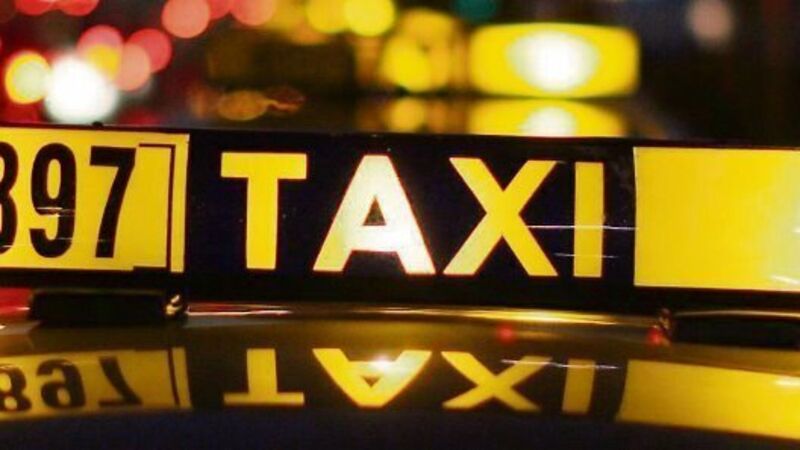Taxi drivers lose their case over value of plates

The three drivers claimed the value of their taxi plates was wiped out overnight when the sector was deregulated in 2000. The case has been dismissed by the High Court.
Alphonsus Muldoon and Vincent Malone had sued the Minister for the Environment and Local Government, and Dublin City Council, while Thomas Kelly sued the minister and Ennis Town Council.










